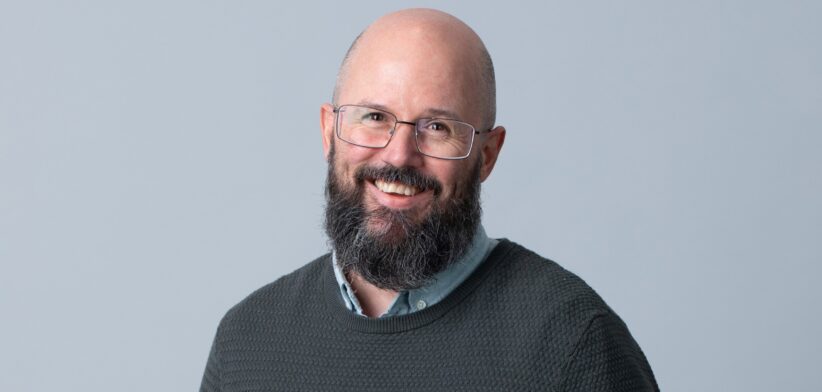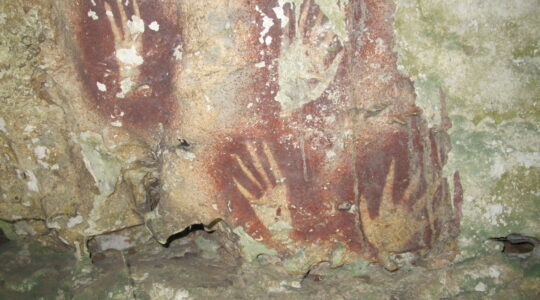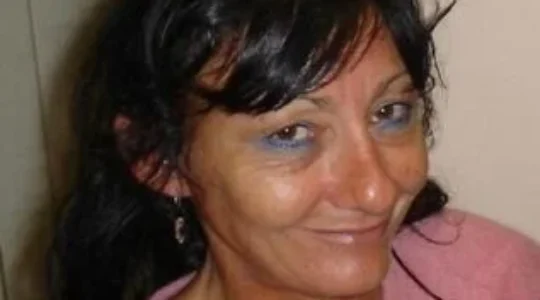If you were told your genes made you more susceptible to skin cancer, would you really change your habits?
That’s what researchers at QIMR Berghofer have been tasked with finding out.
The team at the Herston-based medical research institute, in Brisbane’s inner-north, have secured Medical Research Futures Fund (MRFF) 2025 Genomics Health Futures funding to investigate whether personalised genetic risk information can improve skin cancer screening outcomes.
Led by Associate Professor Matthew Law from the Institute’s Statistical Genetics Laboratory, the project will also bring together leading experts in genomics, population health, and skin cancer research from The University of Queensland, University of Sydney, and Frazer Institute.
Associate Professor Law said the study would leverage existing genetic and survey information from the QSkin Sun and Health Study (QSkin) database.
He said QSkin was one of the largest cohort studies ever conducted on skin cancer and included people representative of the Australian population.
“4000 participants aged up to 70 years will be recruited from the QSkin database.”
Associate Professor Law said researchers would examine whether informing participants of their individual risk for developing melanoma was associated with stronger adherence to recommended skin cancer screening guidelines.
“Cutaneous melanoma is highly treatable when detected early. However, population-wide skin screening of everybody is not currently recommended due to concerns around over diagnosis and a lack of evidence that it reduces mortality,” he said.
“This trial will investigate whether it is possible to motivate individuals to adhere to screening best practices by informing them of their genetically-based risk for developing melanoma.
“This research will determine if it is possible to have risk-tailored screening protocols that minimise unnecessary interventions and costs associated with screening.”
Associate Professor Law said the successful grant submission was supported by a consumer and stakeholder panel comprising members of QSkin, the public, and stakeholders including the Skin Cancer College Australiasia and the Melanoma & Skin Cancer Advocacy Network (MSCAN), a national consumer-led organisation working to advance equitable and evidence-based care for people with skin cancer.
He said the panel would play a vital role in shaping the study, from informing how risk scores and educational materials were communicated through to contributing to trial reports and publications.
“We are looking for the best, clearest, and most effective way to provide people with information about their individual risk of developing melanoma,” said Associate Professor Law.
“To achieve this, we need input and guidance from consumers and stakeholders. Their perspectives help us understand what matters to everyday Australians, so we can make sure we provide the most impactful information possible.”
MSCAN founder and CEO Tamara Dawson said MSCAN advocated for “the right person having the right skin check at the right time”, but that was not happening.
“This research project is a crucial step towards solving this problem and reducing the burden of melanoma and skin cancer in Australia.”








